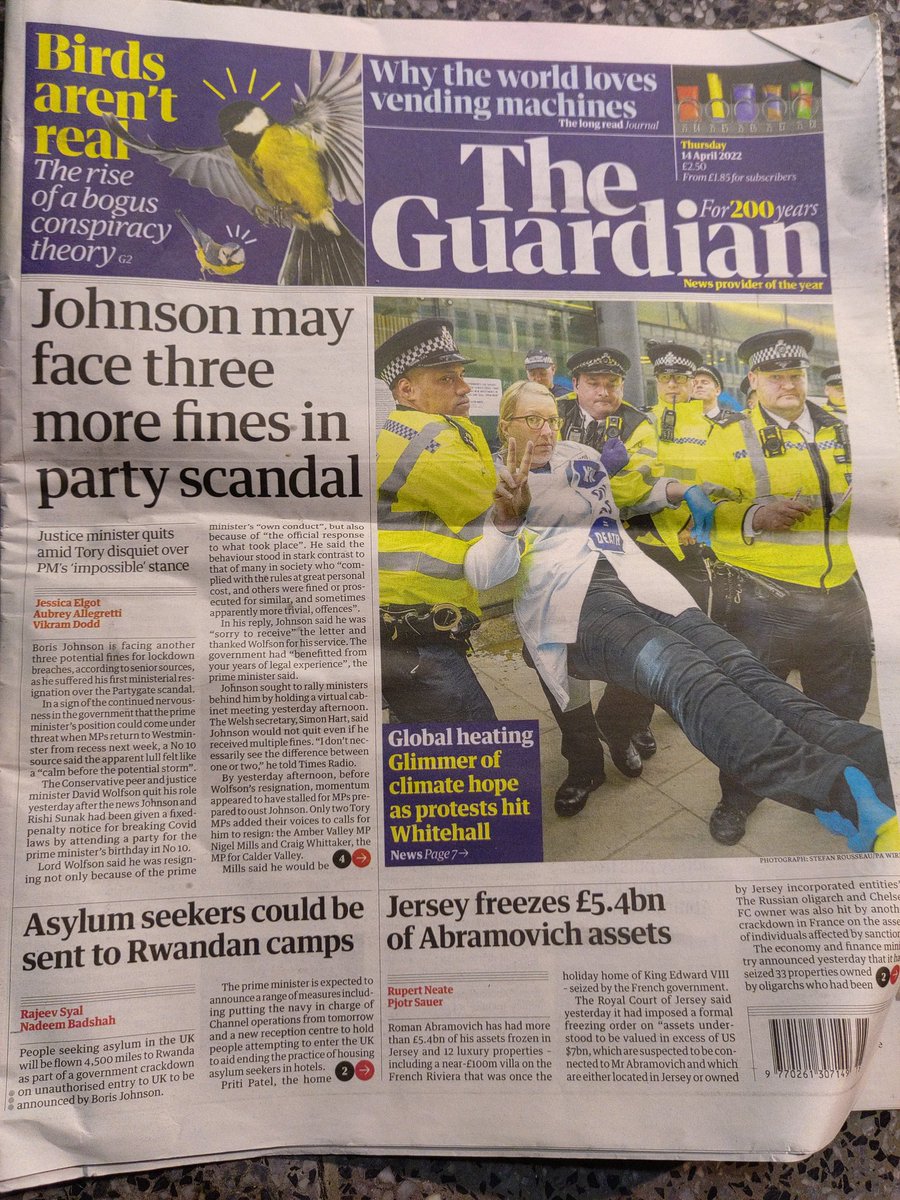In watching the UK govt response to #COVID19 I have passed through several phases: an initial #Contain my anger phase led on to the #Delay kicking the furniture phase, and then to the #Research phase, wherein I ask repeatedly:
WTF are they doing?
WTF are they doing?
With that in mind, please excuse me while I review the reasons why the Government will not yet #ClosetheSchoolsuk.
Reason #1: “Trust us, we’ve got the science”. Never mind that other countries have come to the opposite conclusion. We in the UK have better science.
Brilliant. Ra ra. Rule Brittania and all that.
Because the UK govt has such a fine record of being guided by science when responding to public health emergencies (cough, #AirPollution, #ClimateEmergency).
Can we see this science, please?
Because the UK govt has such a fine record of being guided by science when responding to public health emergencies (cough, #AirPollution, #ClimateEmergency).
Can we see this science, please?
Reason #2: It's not necessary to #CloseTheSchools, because children are relatively unaffected by #COVID19.
OK. So, the assumption is that children don't shed virus and transmit to others? If so, what's the evidence for that assumption?
According to the EU advice, “the extent to which children play a role in the transmission of the virus is still unknown”.
Has the UK got better information? Or is the one-way transmission hypothesis wishful thinking? #ShowMeTheScience
ecdc.europa.eu/en/novel-coron…
Has the UK got better information? Or is the one-way transmission hypothesis wishful thinking? #ShowMeTheScience
ecdc.europa.eu/en/novel-coron…
Reason #3: It’s counterproductive to #CloseTheSchools, as healthcare workers will need to stay off to look after their children.
OK. But is this logistical problem insoluble? What if some schools stay open with skeleton staff, just for children of healthcare workers? Are we really going to give up on curtailing daily mass gatherings cos we can’t figure this out?
Reason #4: Public fatigue. We will #CloseTheSchools, but we best not do it too soon, because people will get restless and leave their homes just as the peak hits.
The evidence for this claim seems to rely on surveys of what people say they would do in a hypothetical pandemic. One might ask whether an actual pandemic wouldn’t concentrate the mind, especially once people see news reports.
Even in the hypothetical case, it’s not clear that the data support the public fatigue hypothesis. In this study, 56% of parents of school-age children were willing “to keep their children at home for longer than a month if necessary.” bmcpublichealth.biomedcentral.com/articles/10.11…
The evidence from China is that people can stay in lockdown for extended periods, and that this stops the spread. We’ll soon have evidence from other nations. Why assume that most people don’t care about others and won’t comply?
Reason #4: The economic cost of closing schools and knock-on effects would ultimately be much worse than the possible benefits to be had if we #SlowTheSpread and #FlattenTheCurve.
One suspects this is the real reason. Some will say it’s correct, and who am I to differ? But I still want to see the modelling. We can be sure that there’s a spreadsheet somewhere in which the economic and health trade-offs are computed.
Maybe we don’t get to see it because it's politically awkward to reveal that older people and those with chronic conditions are scored as less productive economic units, and hence that saving their lives is not cost-effective.
Have I missed any reasons, or got something wrong? I’m happy to have errors pointed out. But I’m not happy about the Government adopting an unconventional policy to delay the spread of COVID19 without properly explaining why. #TellTheTruth
So, the modelling has finally been made public: imperial.ac.uk/media/imperial…
I shan't dwell on the failure of the previous modelling, which - because it based its estimates on a *different disease* - dramatically underestimated the number of patients needing critical care in an ICU. Modelling isn't easy, but all the same ... ft.com/content/249daf…
But the mistake has been noted, and UK Govt policy has changed accordingly, and been brought closer in line with WHO recommendations and the policies adopted by other European nations. That's good, inasmuch as anything in this shitshow can be said to be "good". However ...
The #Imperialcollege report says,"A minimum policy for effective suppression is therefore population-wide social distancing combined with home isolation of cases and school and university closure." So the question remains, why is the UK Govt not yet ready to #CloseTheSchools?
• • •
Missing some Tweet in this thread? You can try to
force a refresh










